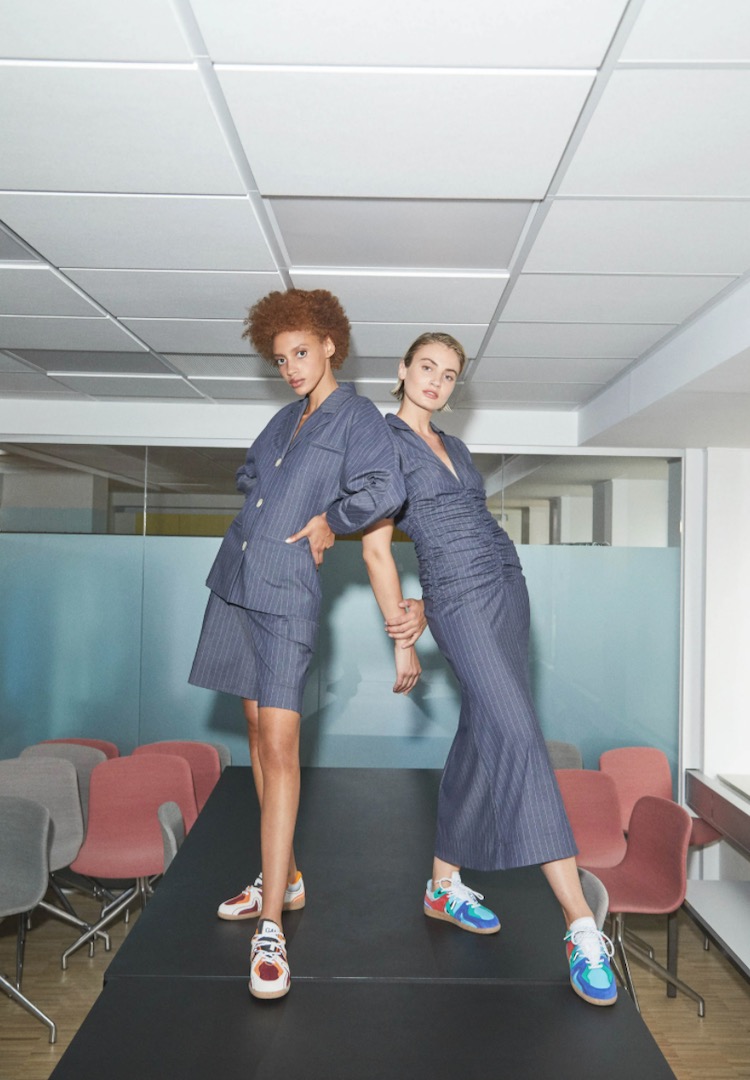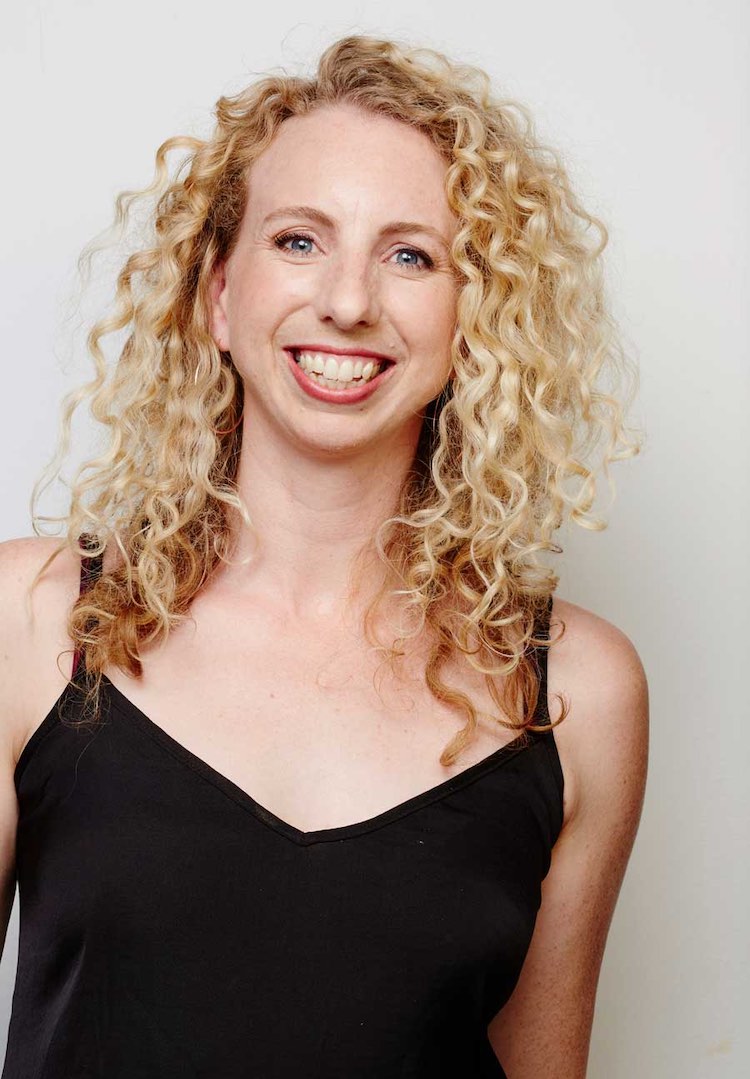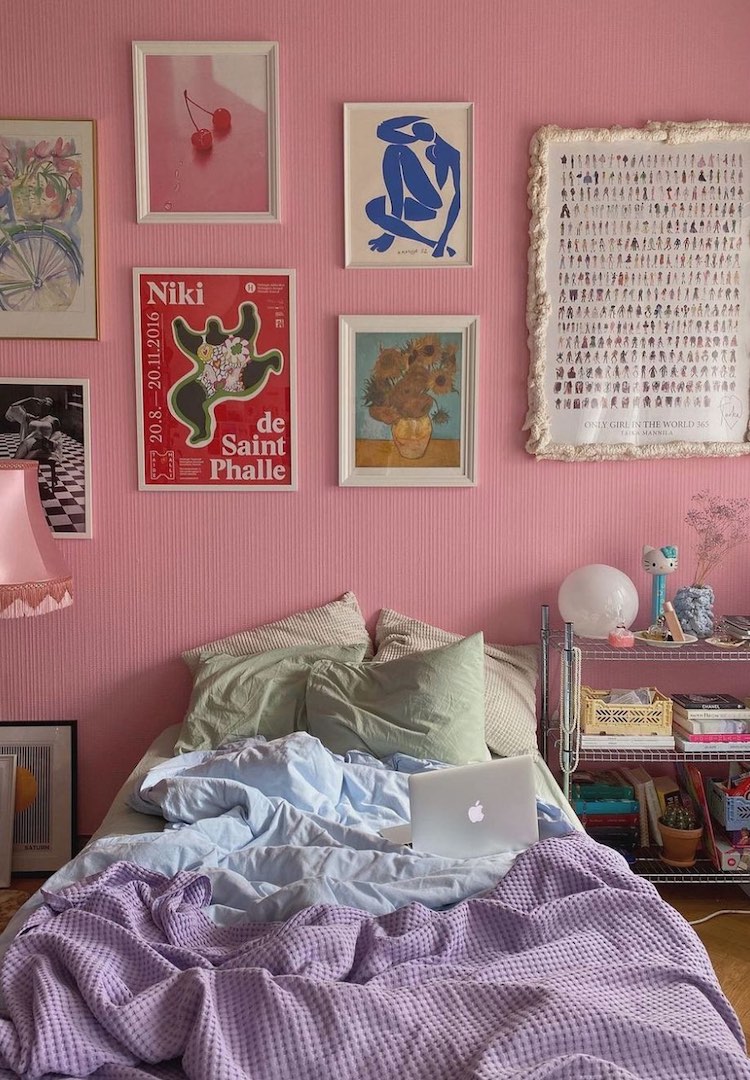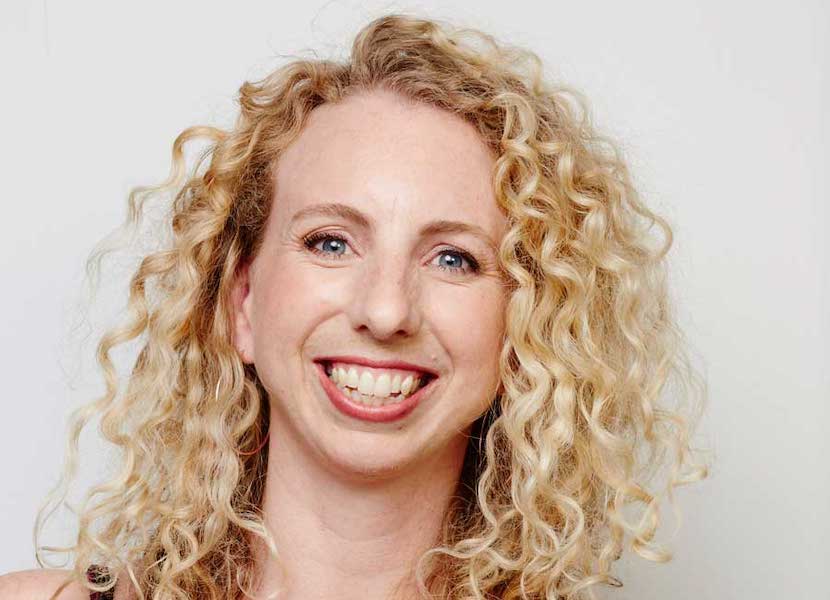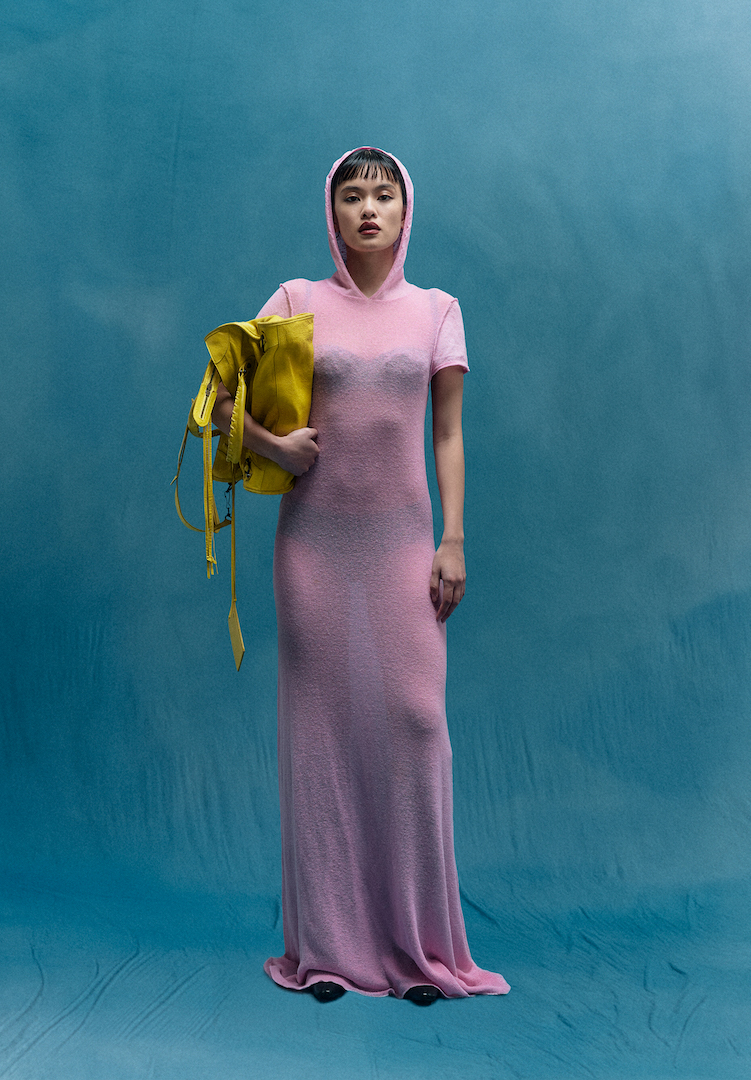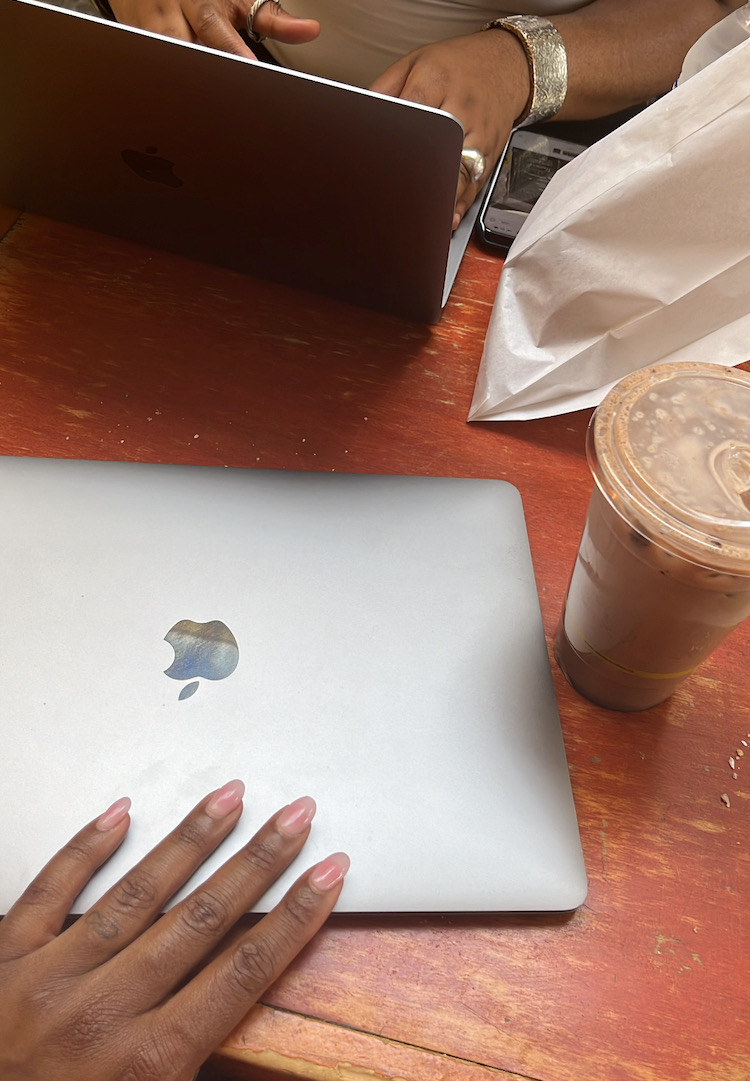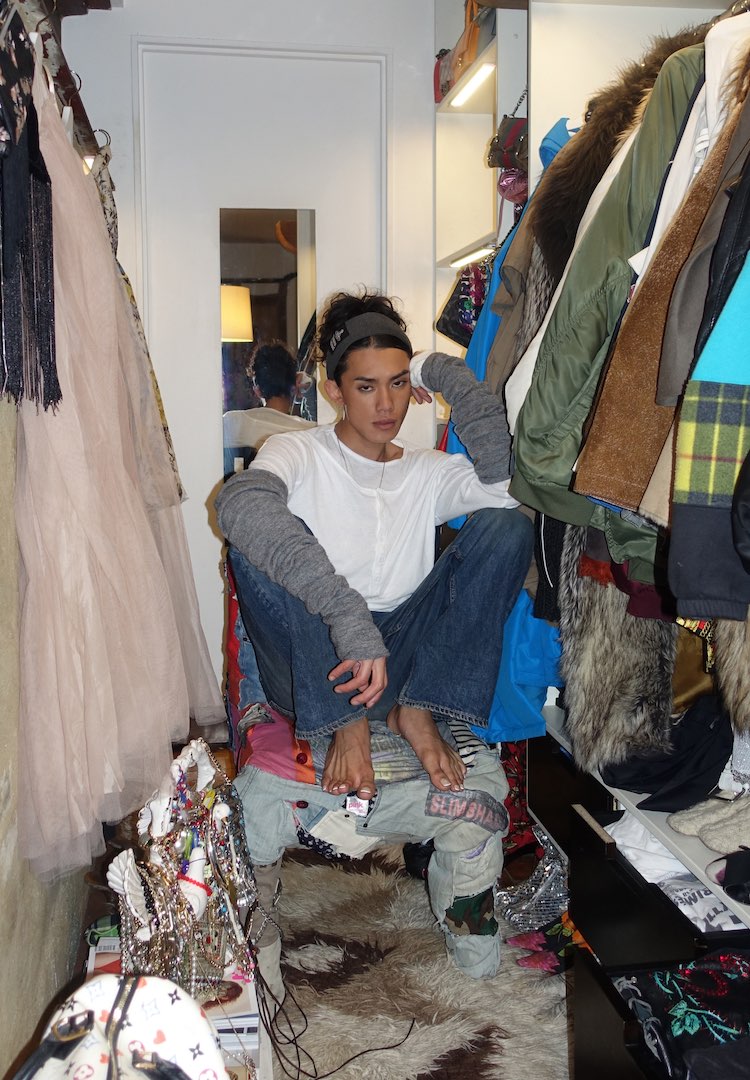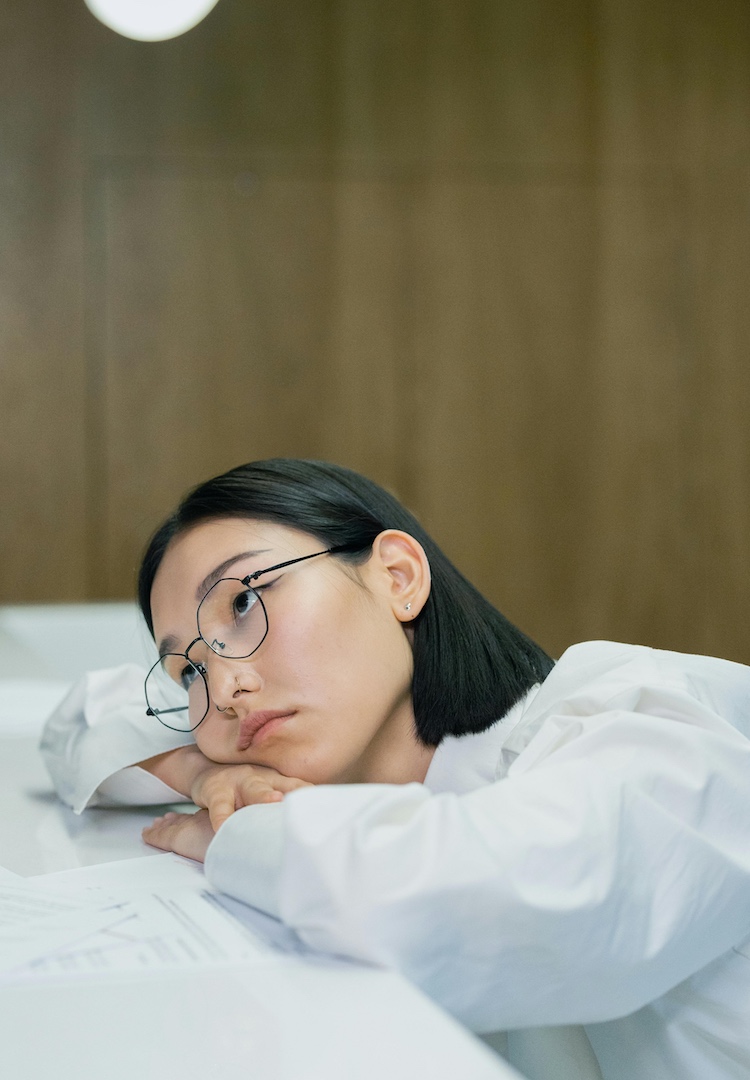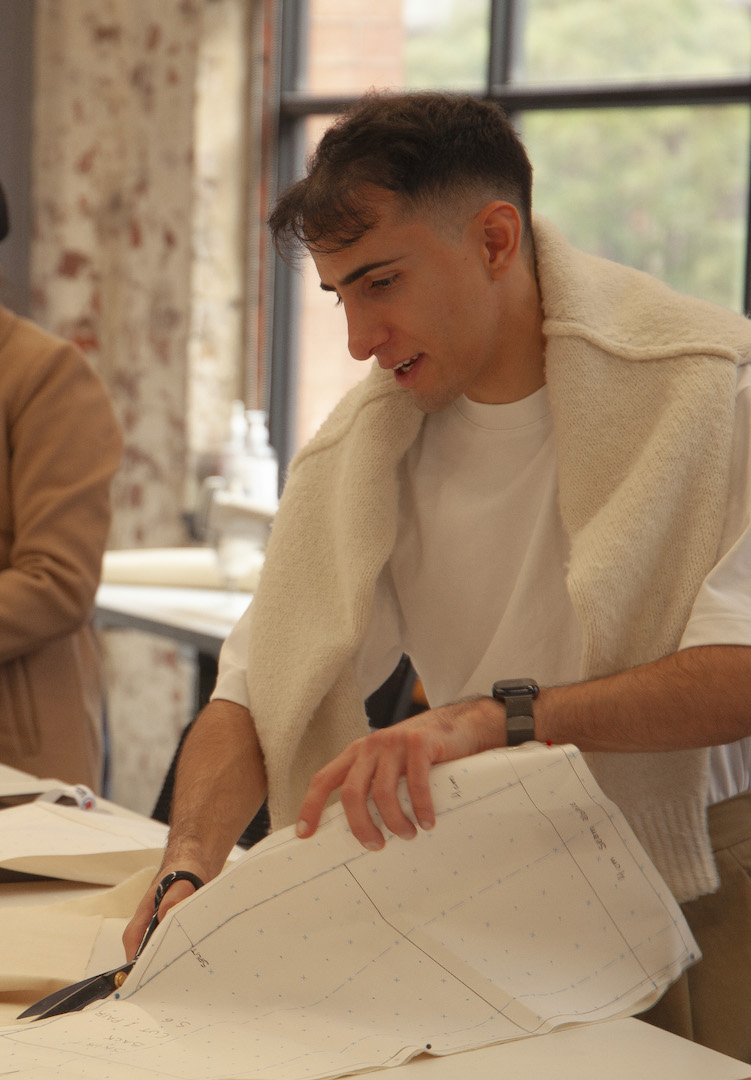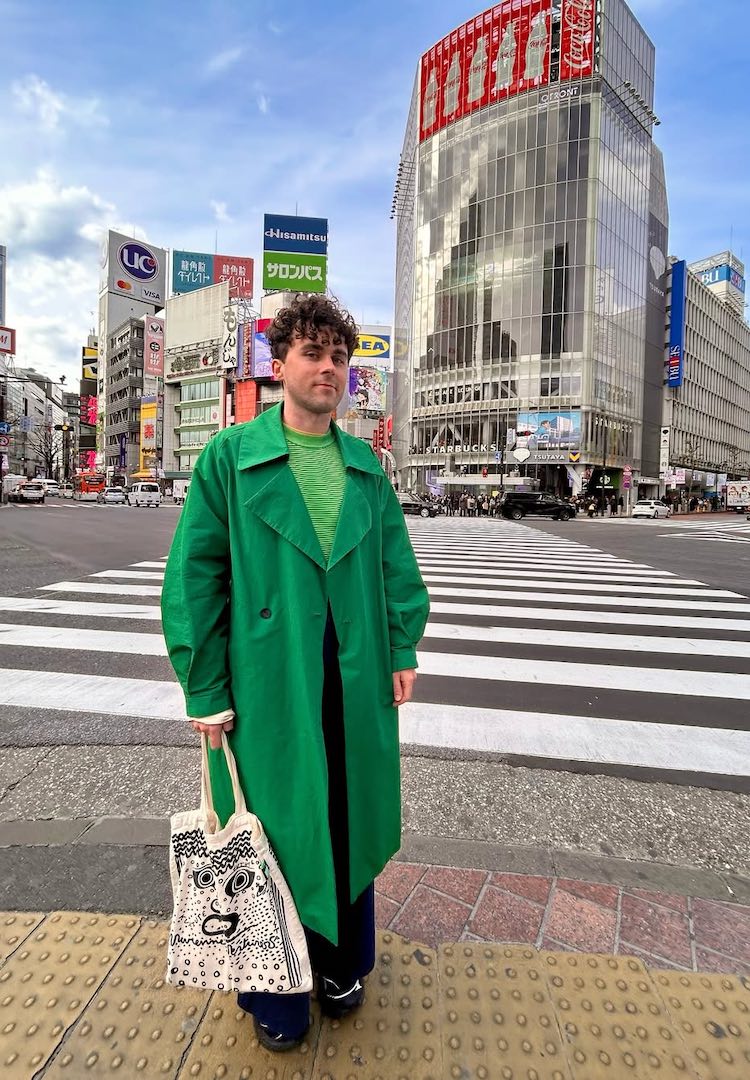How I Got Here: T Magazine’s Digital Editor on staying out of your safe zone
WORDS BY ISABELLA WIGHT
“That’s why I think it’s important to take chances, ask for what you want and send that email – because unless you really put yourself out there, no one will know how great you really are.”
Have you ever stalked someone on LinkedIn and wondered how on earth they managed to land that wildly impressive job? While the internet and social media might have us believe that our ideal job is a mere pipe dream, the individuals who have these jobs were, believe it or not, in the same position once, fantasising over someone else’s seemingly unattainable job.
But behind the awe-inspiring titles and the fancy work events lies a heck of a lot of hard work. So what lessons have been learnt and what skills have proved invaluable in getting them from daydreaming about success to actually being at the top of their industry?
Looking for more career advice? Subscribe here and we’ll send it straight to your inbox each week.
Welcome to How I Got Here, where we talk to women who are killing it in their respective fields about how they landed their awe-inspiring jobs, exploring the peaks and pits, the failures and the wins, and most importantly the knowledge, advice and practical tips they’ve gleaned along the way.
This week, we chatted to Lucy Cousins, multi-faceted media slashie and Digital Content Editor of Australia’s New York Times style magazine, T Australia. From an English newspaper in Bolivia to Australia’s iconic glossies Cleo and Dolly magazine, Lucy’s career journey has been diverse, unpredictable and speckled with stories of success, struggle and valuable lesson-learning.
When she’s not at T Magazine, Lucy’s a mum, the director of Remedy Content and editor of Urbansweat. Her incredible work ethic has taken her across the globe, moving seamlessly through an ever-changing media landscape. Despite the moments of happy accidents, she reminds us that success lies just outside of our comfort zones. Lucy’s story is one of trusting yourself, knowing your worth and always taking the leap.
What do you do and what’s your official job title?
Lucy E Cousins, Digital Content Editor, The New York Times T Magazine Australia.
I curate and edit The New York Times T Magazine Australia website as their Digital Content Editor. I’m also the director of Remedy Content, a niche lifestyle content agency, and editor of a wellness site, Urbansweat.
Take us back to when you were first starting out. Did you study to get into your chosen field, or did you start out with an internship/entry-level role and climb the ladder? Tell us the story.
Well, this is kind of a long story. So, strap in! I studied archaeology and Spanish, and it taught me the skills of critical thinking, research and forming opinions. However, my first job was as a travel agent. It was temporary but I needed the money and loved travel. Strangely enough, that is what eventually would help me get my start in the media industry.
That’s because, when I was in my early 20s, I moved to Bolivia (yes, Bolivia… random) and worked on an English newspaper for six months. Then I travelled around South America and when I was in the middle of the Amazon, I emailed the editor of my favourite magazine – Conde Nast Traveller in London – asking for a job. I didn’t expect an answer, but I got one almost immediately.
They needed an editorial assistant who could help book travel for their writers and my history of being a travel agent was perfect! Oh, I loved that job. I was lucky enough to meet celebrities, write a few small articles in each edition and most importantly, learn how a successful commercial magazine operates.
I worked in London for two years before moving back to South America with a colleague of mine who I had met in Bolivia. We decided to start an English newspaper in Buenos Aires – as you do at 26 years old! It was a lot of work, a lot of fun and within a few months, our first edition hit the streets. We managed to sell out our advertising slots and print 10,000 copies with the help of local friends, our designer and three amazing interns.
Over the next year or so we covered protests, social changes, new hotels, artists and anything else we found newsworthy. I then sold my half so I could become the director of a non-profit over there, running events in English and Spanish, supporting local businesses and editing their global member magazine.
Long story short, I moved back to Australia after three years living and breathing Argentine culture (and writing a stack of Footprints Travel Guides along the way) I found myself unemployed in Sydney. I spent a week emailing 300 publications asking for work – I heard back from one. Yes, seriously. One.
That happened to be Vogue Living, who needed a sub-editor for a few weeks. That work led to a job as Features Editor on Australian Aboriginal Art magazine, then Deputy Editor of Inside Out, then Acting Editor of Women’s Fitness, before landing as the last editor of Cleo and Dolly magazines. Phew! Bored yet?
When those two magazines closed, I started Remedy Content, writing for everyone from international publications to start-ups. I was also lucky enough to be Wellness Editor of Marie Claire and Acting Deputy Editor of Women’s Health during that time.
Last year, I started helping Katarina Kroslakova (Publisher of T Australia) with her media kit and some marketing content. I must have done okay, because in December she offered me the role of Digital Editor. Of course, I said, “sure” very casually, but inside I was jumping up and down like my two-year-old daughter at a Wiggles concert.
What challenges/hurdles have you faced getting to where you are now? Can you tell us about one in particular?
To some extent, the publishing industry runs on a ‘who you know’ basis and when I moved back from South America, I knew no one. That’s why I think it’s important to take chances, ask for what you want and send that email – because unless you really put yourself out there, no one will know how great you really are.
What do you want people to know about your industry/your role?
Ha! Well, apart from the fact I absolutely love what I do, I think it’s important to point out it’s not all events and travelling… there’s a fair amount of time glued to my computer and phone. I have square eyes and a hunchback. Not really, but I may very well end up with them!
What’s the best part about your role?
I love that every article on the site is so different. I can be writing or editing an article about an artist, a new wine, a travel trend, a watch, a new chef… it’s never boring. Plus, I’m really proud to be working for a 160-year-old institution like The New York Times. It’s a pinch-me moment, for sure.
What would surprise people about your role?
I think it’s important to point out that the media industry is quite supportive of women in a lot of ways, simply because women make up a large proportion of it. If you’re a writer, creative, stylist or designer and you work hard to establish yourself, you can continue to work to some extent if you have children. I have a daughter and I’m able to fit my work around her day-care and naps. Sure, I might also be emailing my boss at 11 pm at night, but she’s emailing me back at the same time as she has two kids herself. Not everyone experiences it in the same way, but I’ve worked with some wonderful, supportive and understanding women. I’m really grateful for that.
What skills have served you well in your industry?
Consistency is key – for any creative really. You’ll get work if people can trust that it will be done on time to a good standard and to the brief. Also, think of yourself as a business – how can you be more efficient with your time and your resources? Lastly, be flexible and don’t take yourself too seriously.
What advice would you give to someone who wants to be in a role like yours one day?
Take the chances when you can. Stretch yourself and don’t stay in the safe zone. By that I mean don’t stay in a job that you’re too comfortable in if there is another job on offer that will test your skills. Feeling out of your depth is temporary and it’s those kinds of big leaps that mean your career will progress faster.
What about a practical tip?
My best practical tip is to not wait until your employer trains you. Take on upskilling where you can. Sign up for a grammar class (seriously, DO ONE), attend short courses, go to talks, join forums… learn to love learning. It’s a skill you’ll always need and one that never goes unrecognised.

